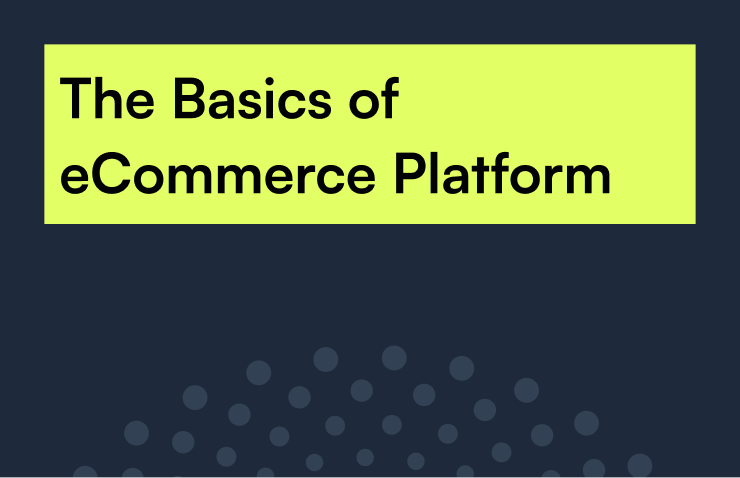Whether you’re looking to expand your current eCommerce operations, upgrade your current online retail platform, or start an eCommerce presence from the bottom up – choosing the right technology will determine your ability to grow, scale and see returns on the investment in online commerce.
This guide explores the main types of platforms that business professionals will need to be familiar with to choose the right system.
Types of e-Commerce Platforms
Open Source
Open source eCommerce is perhaps the most involved of each of your options.
Most open source platforms are free of charge, but you have to install and configure the software on your own systems and servers, and you’re entirely responsible for its upkeep. That means updates, modifications, and debugging.
Of course, this requires a lot of technical knowledge, experience, and the means to maintain such a system.
But if you’re equipped to handle it, open source platforms are extremely flexible and customizable, they offer a wide variety of add-ons, extensions and plugins, and best of all, they’re often free.
These platforms are ideal for growing companies and those who need a more personalized site. Magento 2.1 Community Edition is an open-source platform – If you’re interested, we invite you to learn more about how managed services can augment your current team for a lower cost-of-ownership for an open-source platform.
On-Premise
On-premise software is purchased for a licensing fee and installed on your servers. It’s a pre-made software, but there’s still plenty of room for customization. This is the middle ground of eCommerce platforms.
It also offers advanced security options and extremely high performance.
There are, however, a few drawbacks.
The initial investment with on-premise platforms can be pretty steep, and they require quite a bit of technical knowledge to maintain.
On-premise software is perfect for larger companies with high-security needs and a large online catalog. Magento 2.1 Enterprise edition in an on-premise software with countless customizations available to fit your needs.
Hosted
Hosted (or Saas, for Software as a Service) platforms are ready-made software packages for businesses with more modest needs.
Most hosted e-Commerce sites can be designed in a drag-and-drop system, requiring no coding knowledge. These sites aren’t very customizable, but they are ultra-quick to deploy and very affordable (often purchased as monthly subscriptions).
Hosted platforms are generally tailored for companies who want to get off of the ground quickly and have a comparably limited catalog. Better for smaller or emerging companies – these companies can be found online for a monthly fee.
What to Consider
A lot of thought will go into choosing which platform is right for you.
Here are a few items to consider before research on a new eCommerce platform even begins.
If you’re interested in considerations for a migration from one platform to another, you can read more in our Executive’s Migration Guide.
Cost
The up-front costs are a major consideration.
Are you looking to get your site up and running without spending very much? A hosted site might be for you (or open source if your team is more technically inclined). If up-front isn’t an issue, strongly consider a hosted solution with a more robust set of options.
Customization
Magento has the unique ability to offer hundreds of customizable extensions to add-on to their platform, and most reputable partners have proprietary custom extensions to make the transition easier.
Come up with a list of features you’d like to see on your site. If you want something highly personalized to your company, ready-made software might not fit the bill. You’ll need to work with developers to customize a solution, deploy it, and maintain performance over time.
Ease
If your team knows eCommerce development, you’ll be able to work with any of the above options.
But if you don’t have much experience with web development, it will be much easier for you to deploy a site using a partner for implementation and a more turn-key solution.
Tech Support
Open source platforms offer virtually no technical support on their own (though there is a large online community of developers at your disposal). If you’d like the peace of mind in knowing that there’s always someone you can call for help, on premise or hosted software might be for you.
Final Thoughts
Now that you have this in mind, we encourage you to sit down and come up with a list of everything you’d like to accomplish with your site.
Choose an ecommerce platform that meets your needs, and seek out partnerships that are going to help you accomplish your goals in the long-term.
If you’re unsure about what you’re looking for – or would like more information, contact us for a free analysis of your eCommerce needs and goals.



